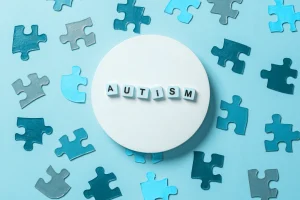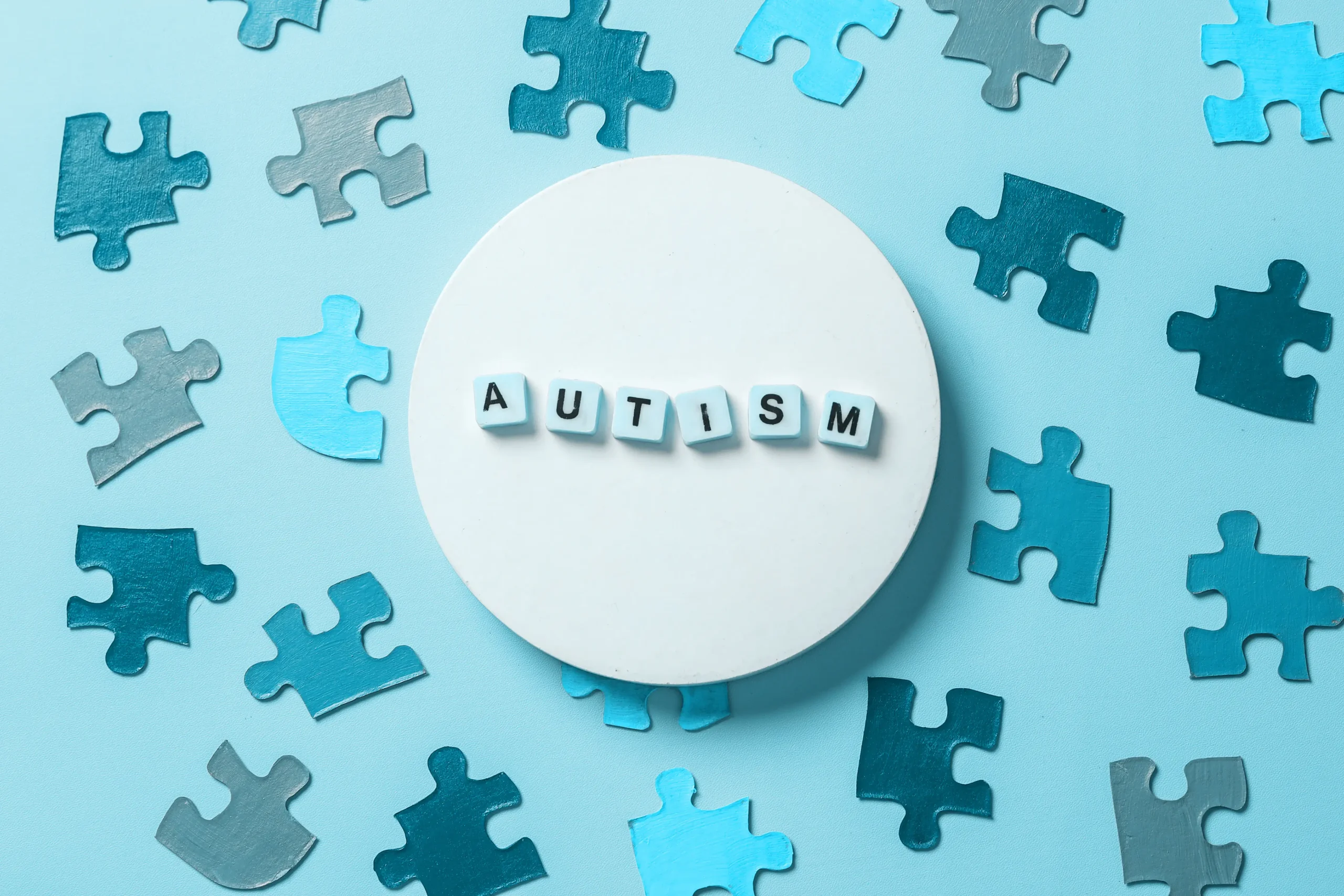A Broken Heart – How Emotions can Damage Your Heart’s Health
For many years the idea that someone could die of a broken heart was ridiculed. After all, it was just an emotion, not an actual disease. However, broken heart syndrome, a.k.a. stress-induced cardiomyopathy or takotsubo cardiomyopathy, is now a proven fact. It can strike even if you are healthy.
Because the symptoms and test results are similar, broken heart syndrome can be misdiagnosed as a heart attack. The only difference between the two is that there are no blocked arteries in broken heart syndrome. For a brief moment, a part of your heart enlarges and its pumping action is impaired, while the rest of heart pumps harder to try and compensate. While it can cause severe, short-term heart muscle failure, it is usually treatable. Only in rare cases can it fatal.
What causes broken heart syndrome?
A broken heart is the result of stress. It is now a confirmed fact that there is a direct link between stress and heart disease. Anger and hostility, even short bursts as in road-rage for example are bad for your heart. But, quieter emotions are just as toxic. Long-term loneliness, a divorce, a break-up or physical separation like death of both a partner or a pet, romantic or work betrayal or rejection, retrenchment, being fired, losing your home, being hijacked, or a physical attack – these are just a few things that can cause depression and result in broken heart syndrome.
We think of stress as a high energy release of emotion but people who seem quiet and reserved are just as much at risk. Bottling things up is never a good idea. But neither is yelling and screaming to ‘let it all out’.
Balancing your emotions is vital
Of course, no one is ever going to be able to live a life of no ups or downs in their emotions. The trick is having a life of balanced emotions. Learning to deal with emotions is one of the most important things humans can do. Balancing your emotions by talking your problems through with a trusted friend or counsellor, as well as by regular activity, like walking or jogging is vital. As long as your heart rate rises and you end up sweating, you will be well on your way to working off some of your stress.
Another way to alleviate stress is to utilise specific breathing techniques, found in this article.
People who have good emotional health are aware of their thoughts, feelings, and behaviours. They have learned healthy ways to cope with the stress and problems that are a normal part of life. They feel good about themselves and have healthy relationships.
Why is loneliness considered a form of stress?
It is not so much a case of not having a partner but rather, not having a community that results in stress – so much so that social isolation and low levels of social support can put you at risk of heart disease. But, having said that, humans all need community, whether we like to admit it or not.
The world may be a so-called ‘global village’ but it takes a community to keep hearts healthy. Few of us still live close to our extended families and see them on a regular basis. Few live in the same neighbourhood in which they grew up and where there are generations of neighbours. Few regularly see people outside of their own age-group. A lot of people work at jobs that have little long-term stability and many do not go regularly to a house of worship.
According to researchers these are all things that matter to a far larger degree than was previously thought. Nowadays, things like spending time with your family and friends are considered luxuries. The truth is, these are necessities if you want to have a healthy heart. They should in fact come before diet and exercise.
How to improve your emotional health
Broken Heart Syndrome can be cured. Discovering and dealing with the causes of sadness, stress, and anxiety in your life can help you manage your emotional health. Here are 6 ways to improve your emotional health.
1. Express your feelings in appropriate ways
Let your loved ones know, in an appropriate fashion, if something is bothering you. Home-rage is not going to help anybody. Bear in mind that your family or friends may not be able to help. If they cannot, then speak to your doctor, a religious advisor or a counsellor.
2. Live a balanced life
Develop an attitude of gratitude. Instead of obsessing over work problems or even problems at school or in the family, focus on the positive things in your life. Some people find using a journal useful to remember the good, happy, positive and peaceful things they enjoy. A positive outlook can improve your quality of life and give your health a boost.
3. Make time and let go
Hanging on to the past and old emotional wounds only adds to your depression and stress. It poisons your present and your future, which means you will arrive at your future already stressed. Not a good idea. Find ways to let go. Make time to be happy. Develop new & happy memories and spend time remembering those instead.
4. Develop resilience
Resilient people cope with stress in healthy ways. Resilience can be learnt and built upon. Ways to do this include having social support – a community, keeping a positive view of yourself, accepting change, and keeping things in perspective. A counsellor or therapist can help you achieve this goal.
5. Calm your mind and body
There are a number of different relaxation methods that can help you move from stress to gratitude. Ask your doctor, counsellor or spiritual advisor for advice on which one would benefit you the most.
6. Take care of yourself
Eating badly, not getting any exercise, bad sleeping habits and substance abuse will send you on a downward spiral into depression. Take care of yourself and your emotions by eating healthy meals, exercising, getting enough sleep and staying away from drugs and alcohol.
For more tips, we have an article all about managing your mental health.
If you are feeling that stress or depression is ruling your life and you need help, contact your doctor today. Lenmed can help if you do not have a doctor. Contact your nearest Lenmed Private Hospital for more information.
The lenmed Group is a world-class chain of Private Hospitals that brings quality healthcare to communities across Southern Africa.
For more information please contact:
Dr M Sebei
(Psychiatrist) MBBCh(Wits)
FCPsych(SA) Randfontein Private Hospital
Tel: +27 (0) 11 411 3024
Email: [email protected]
Mr N Babedi
(Clinical Psychologist) B.A. (SW) (UNIN)
B.A. Hons (Psyc) Vista M.Sc(Clinical Psych)
Medunsa Randfontein Private Hospital
Tel: +27 (0) 11 411 3024
Email: [email protected]
Disclaimer: Any information contained here is merely a guideline. Always visit your healthcare practitioner for any health-related advice or diagnosis.














